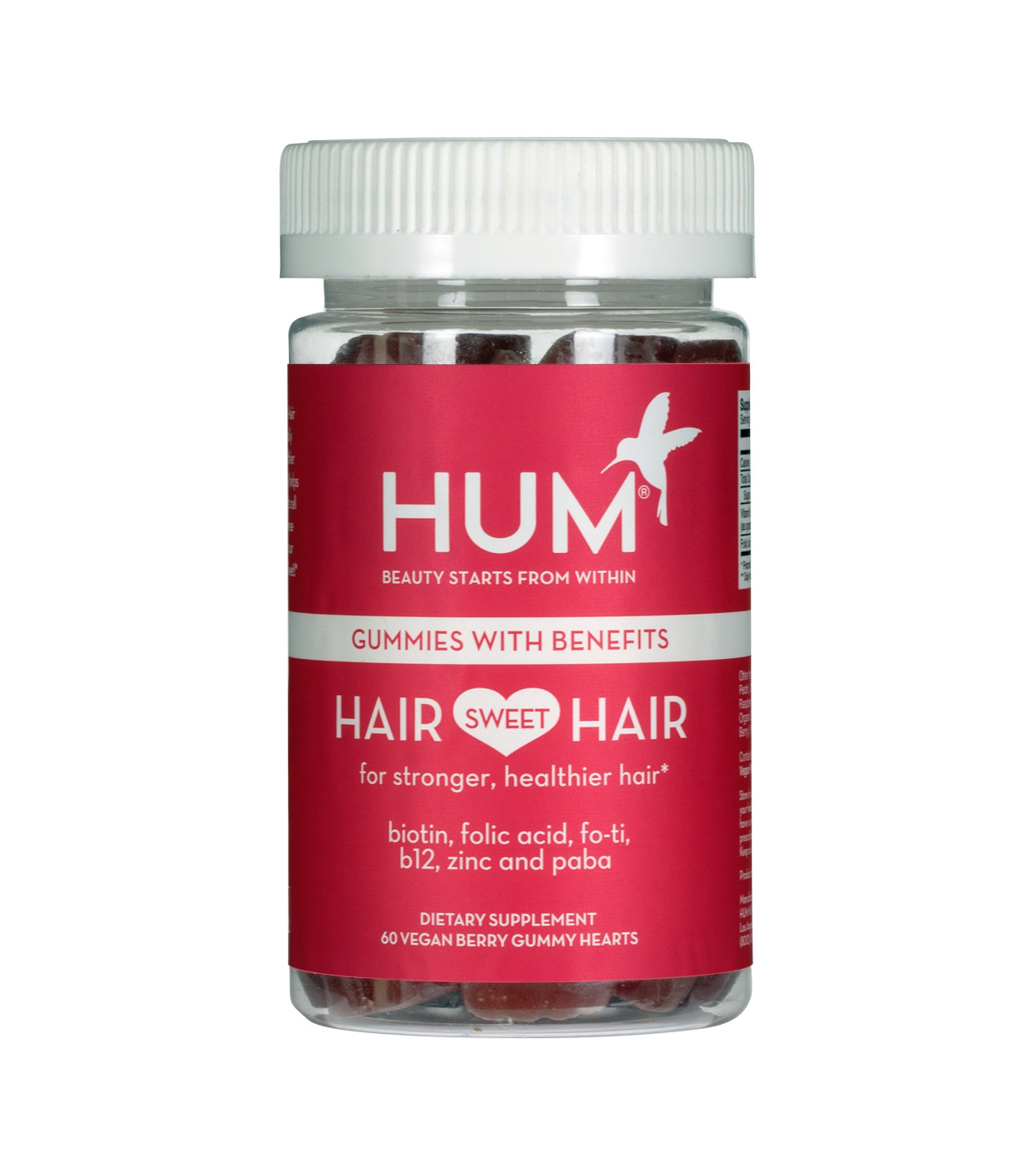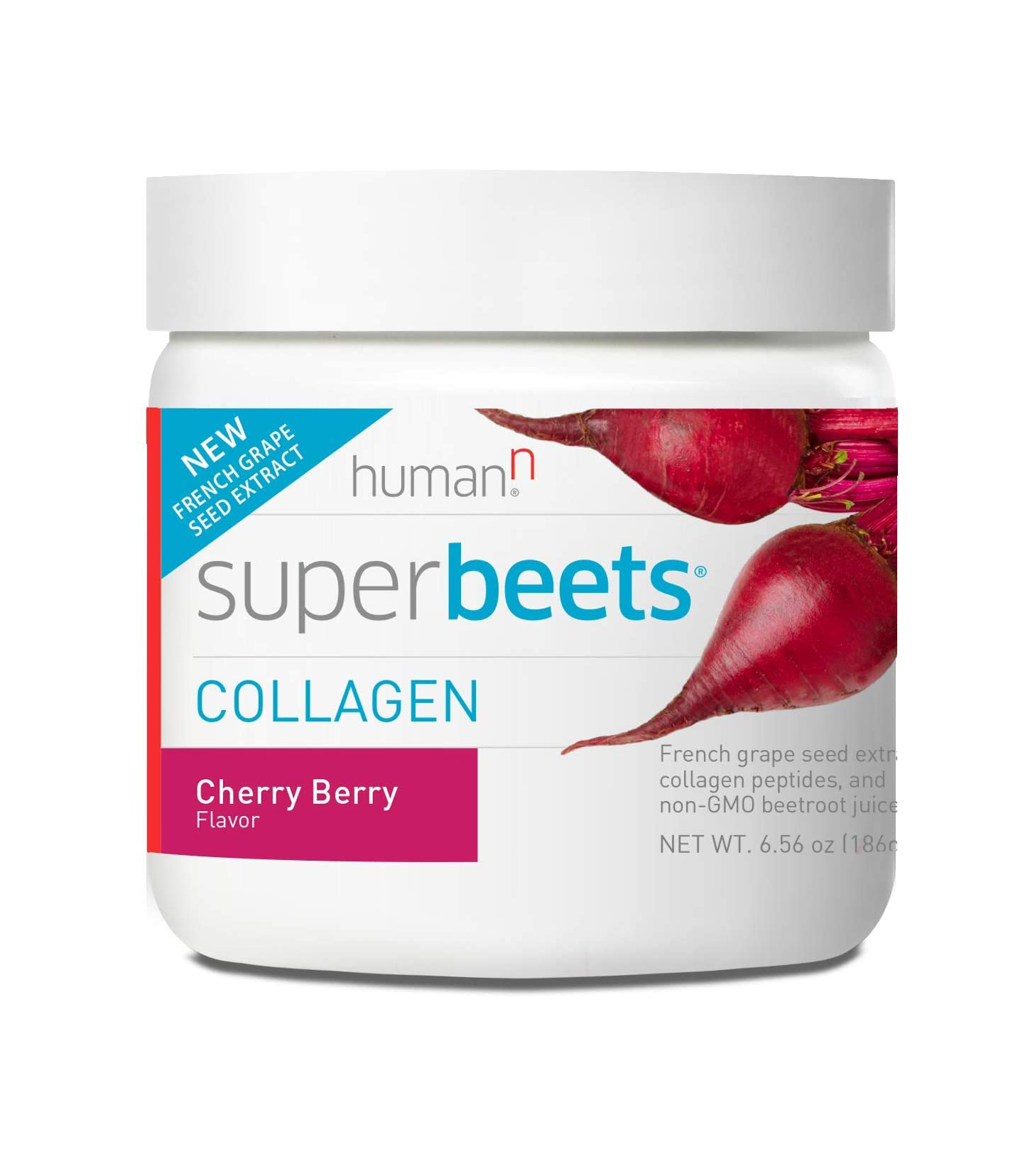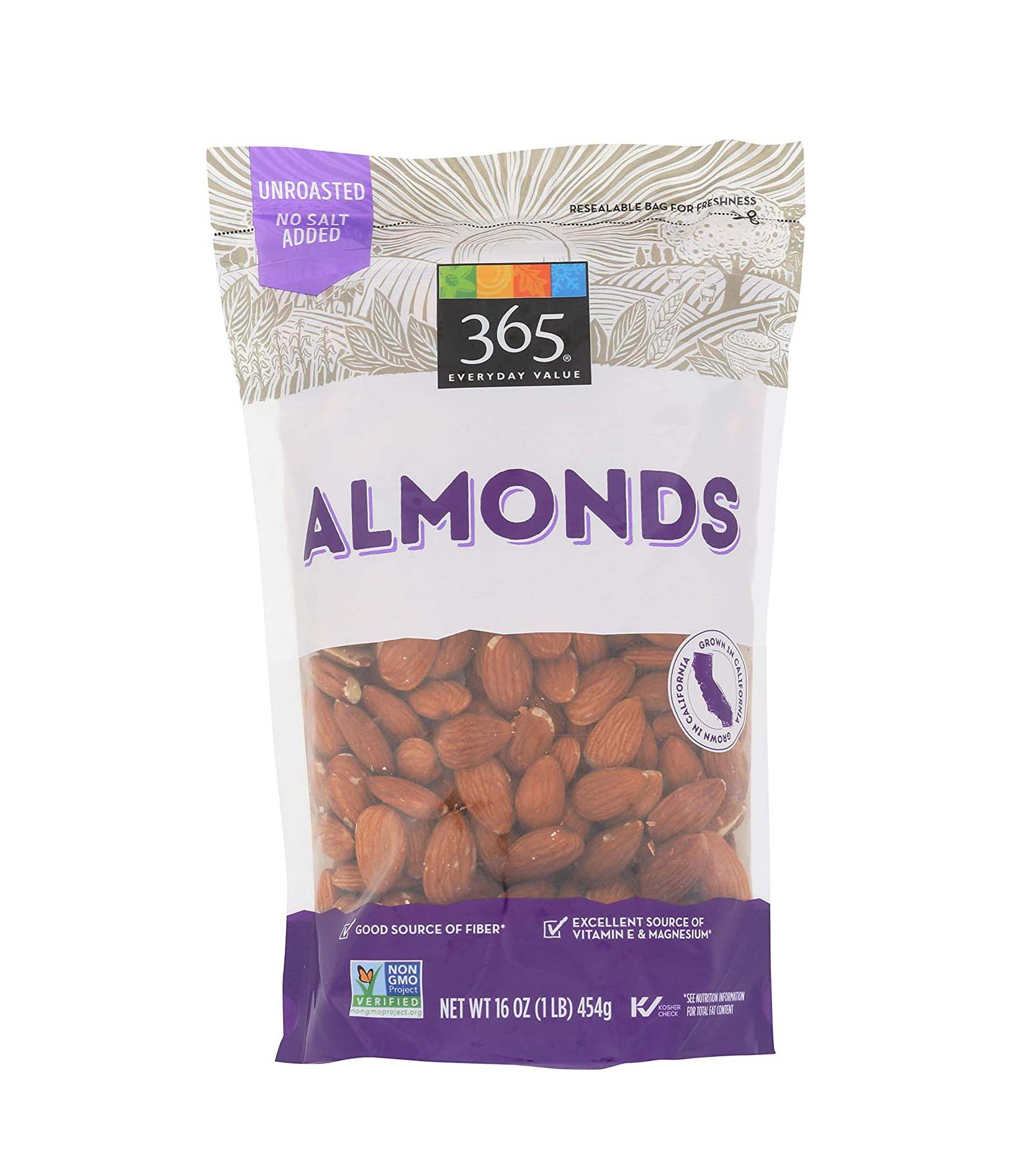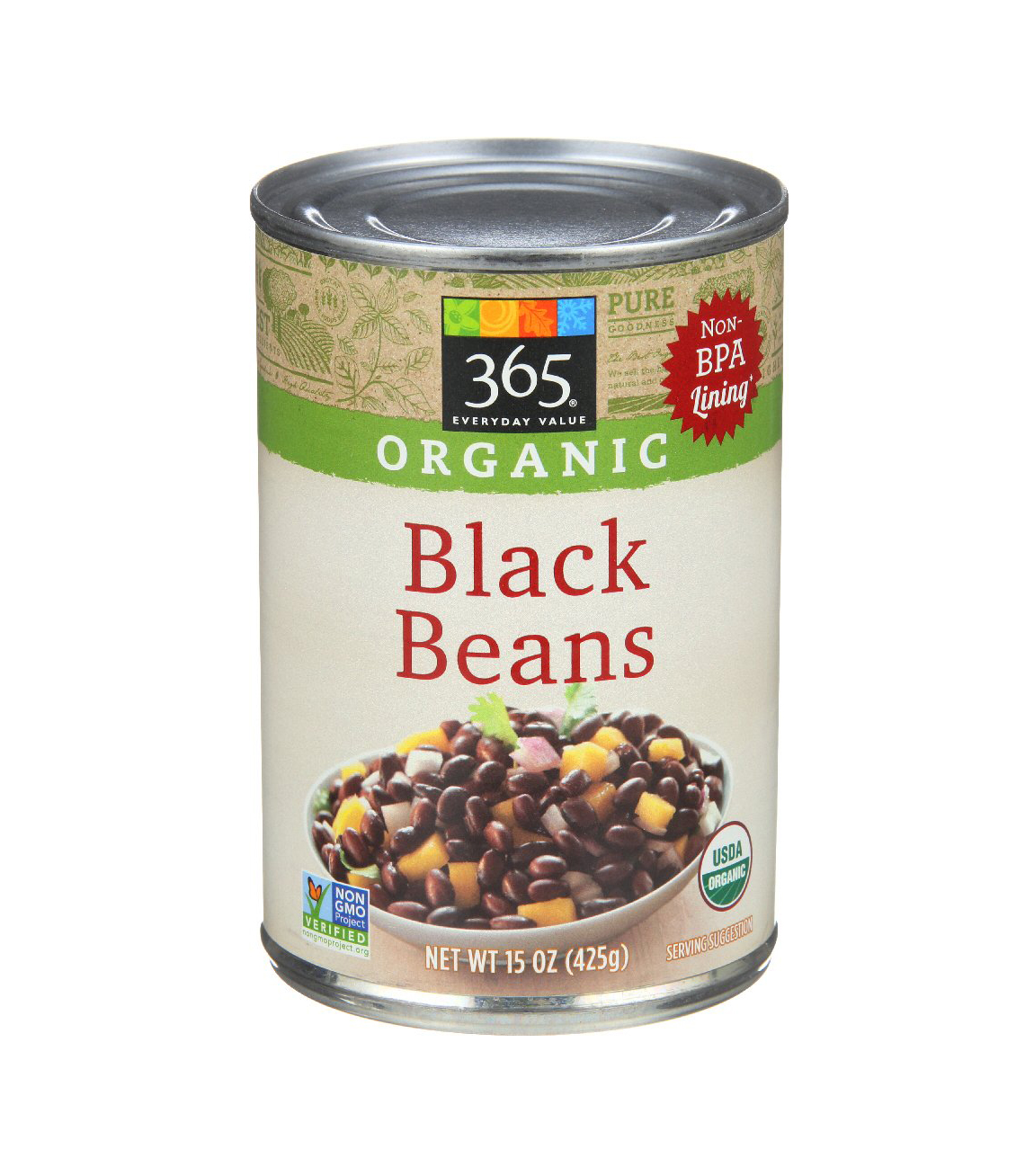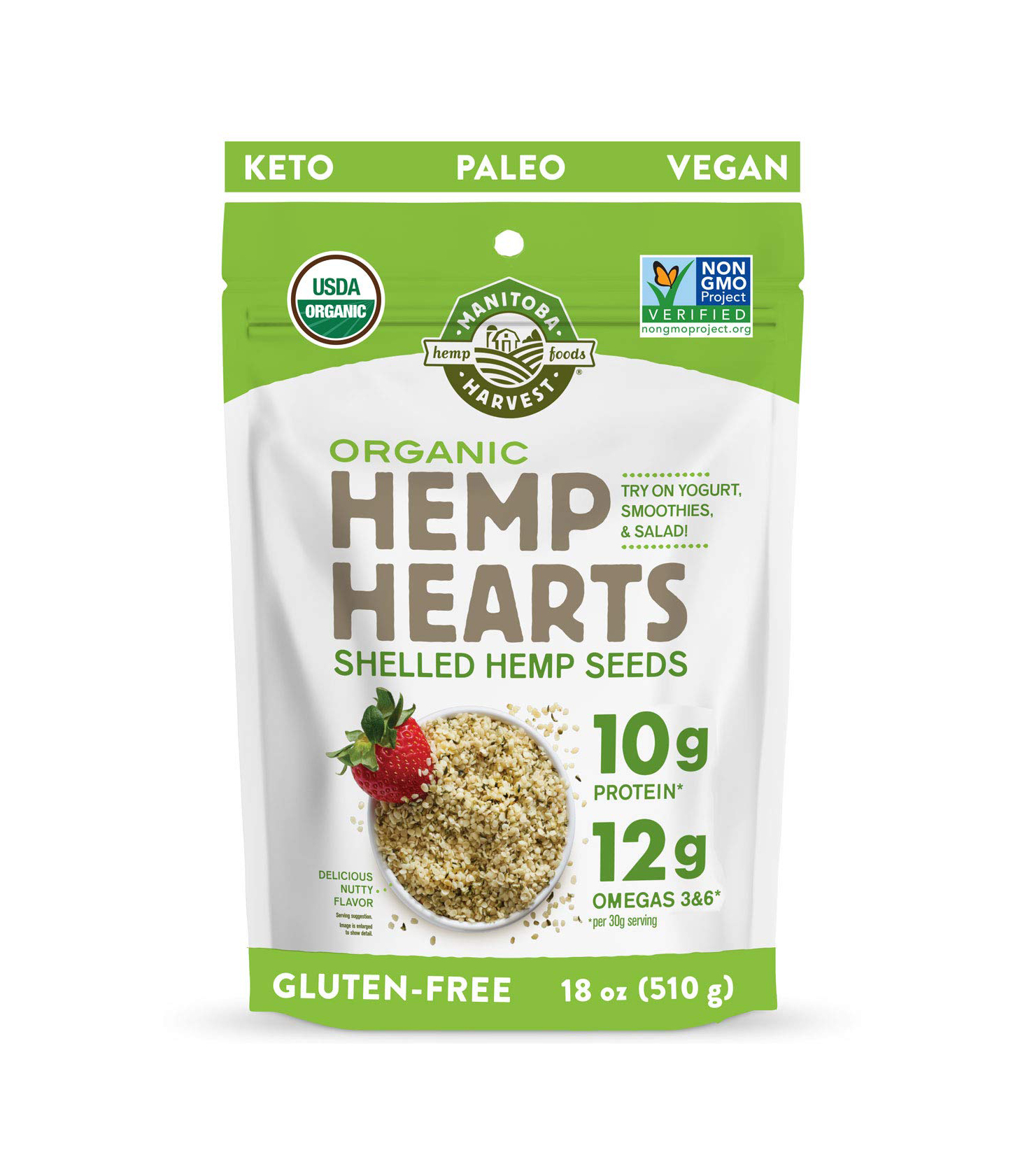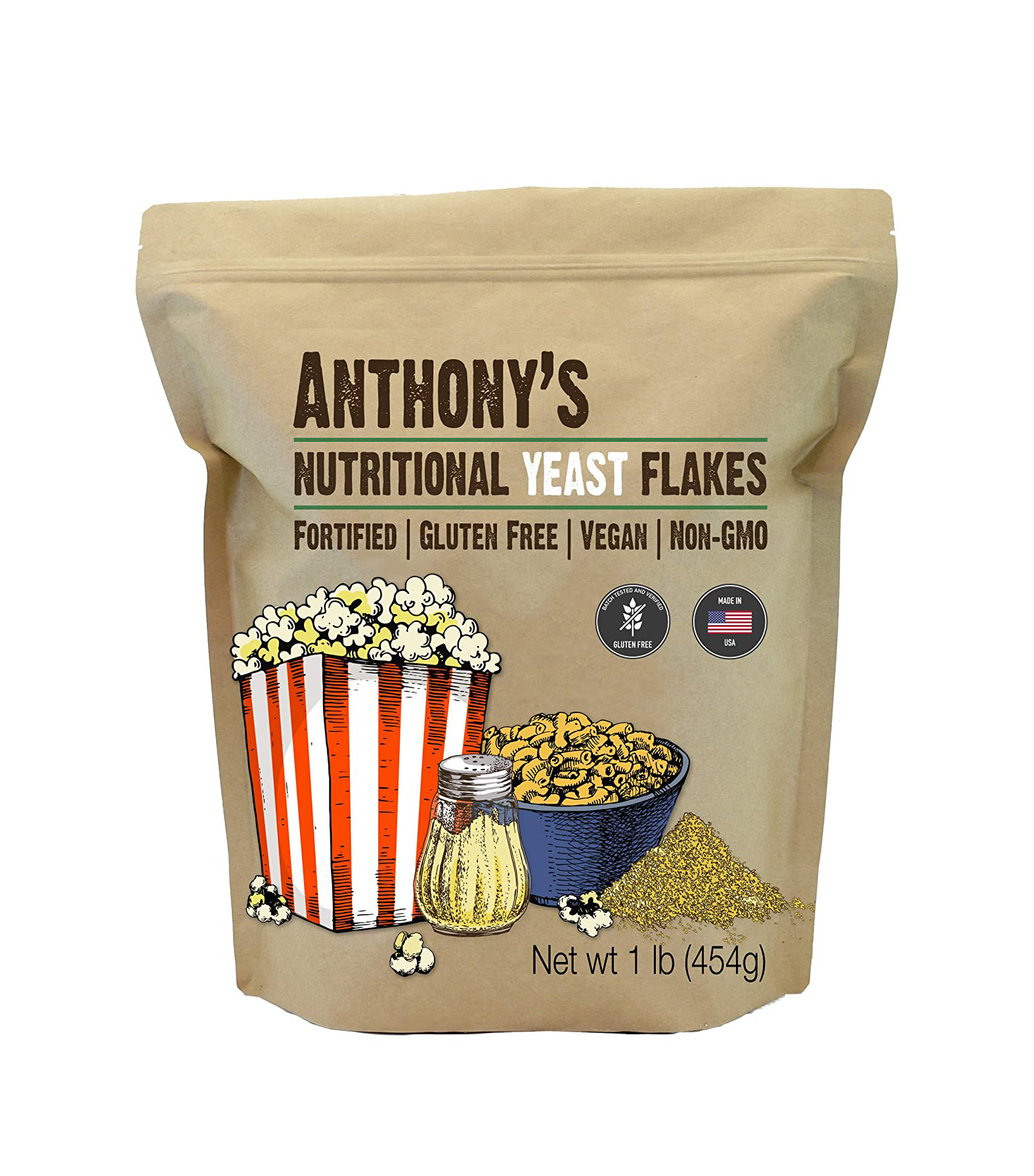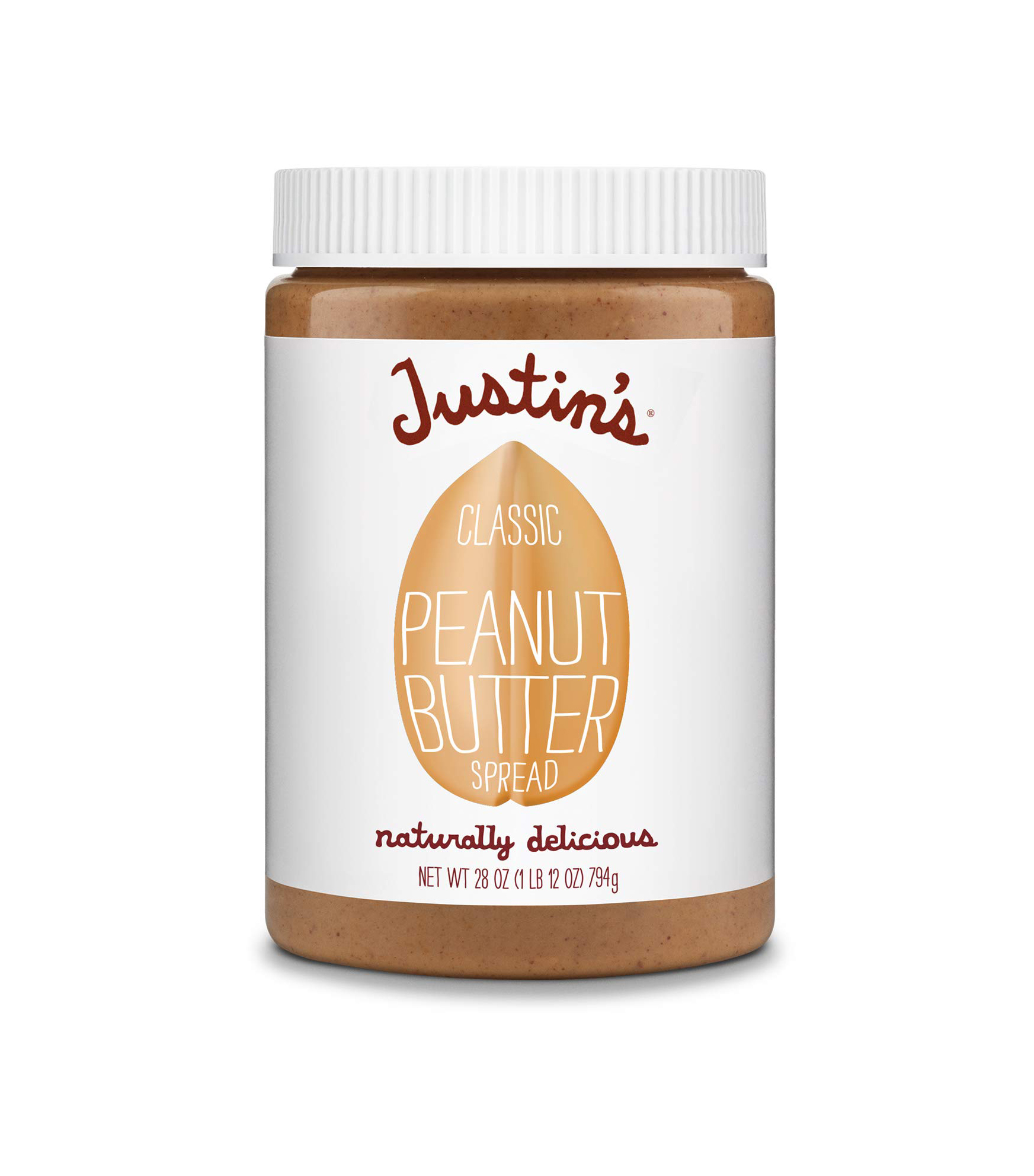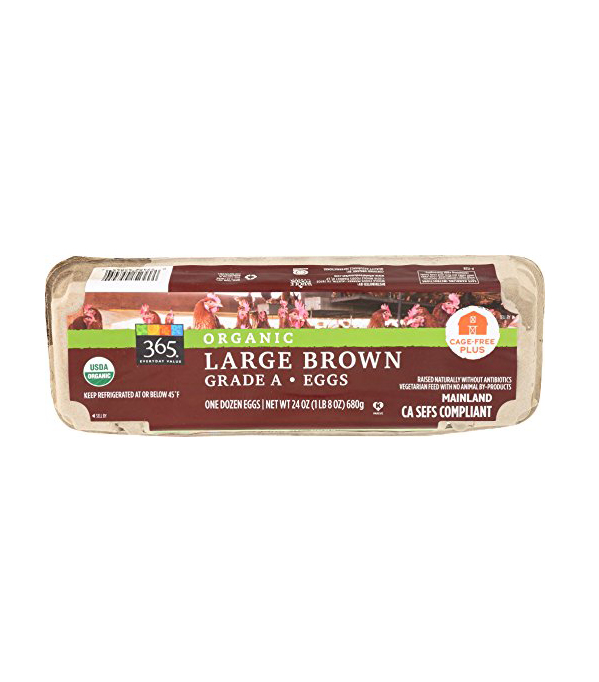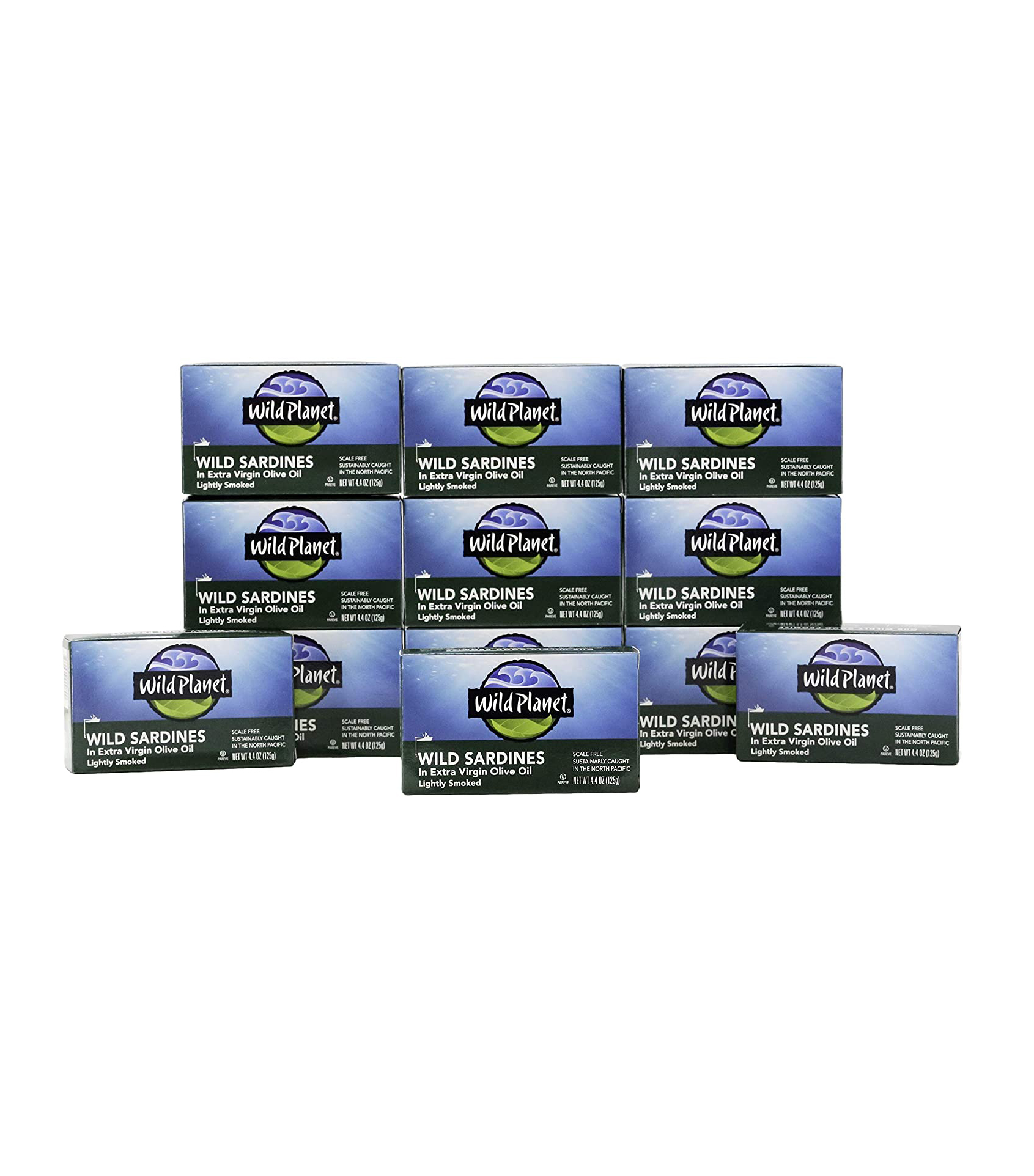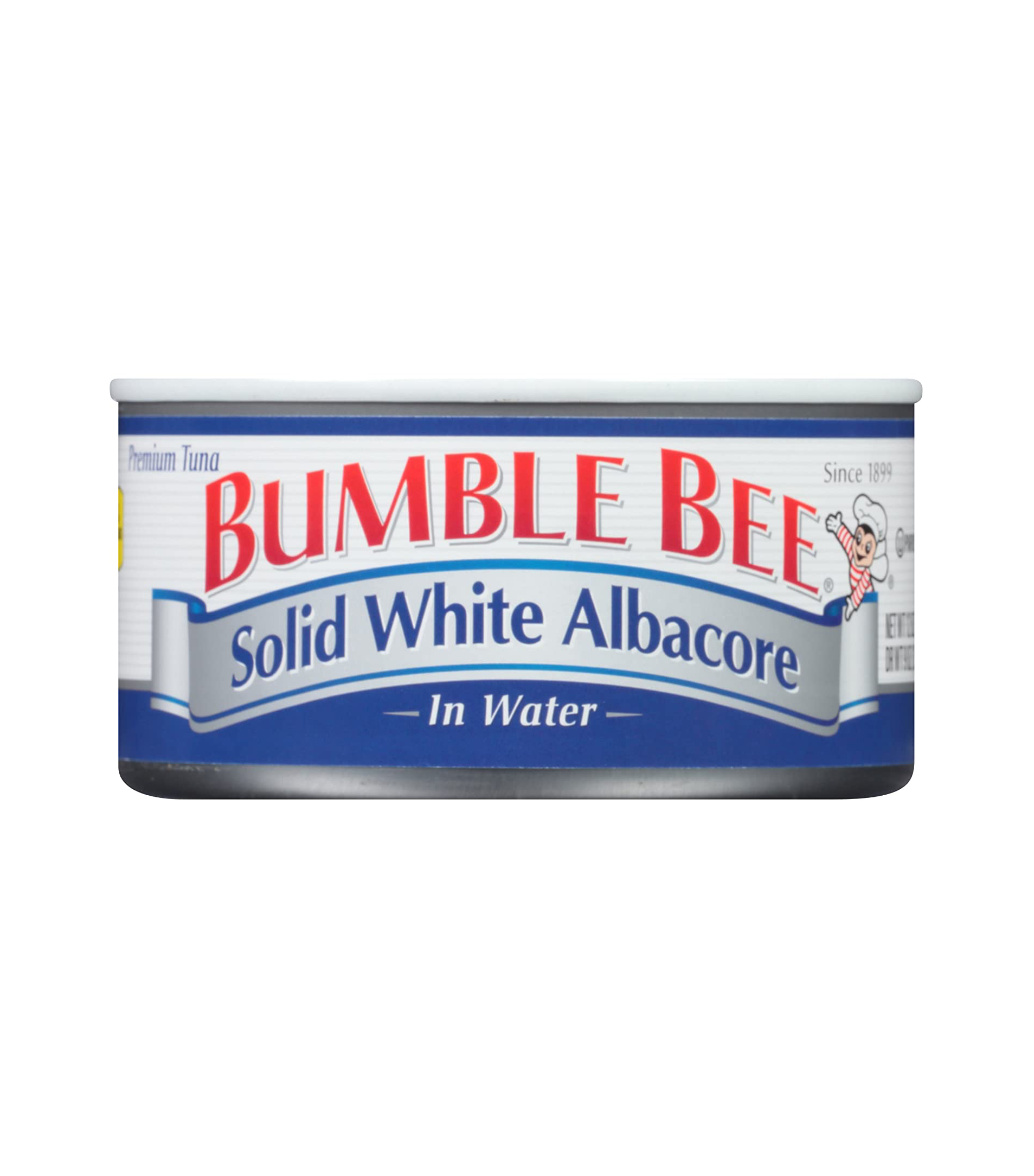This Is Exactly What Protein Does to Your Body

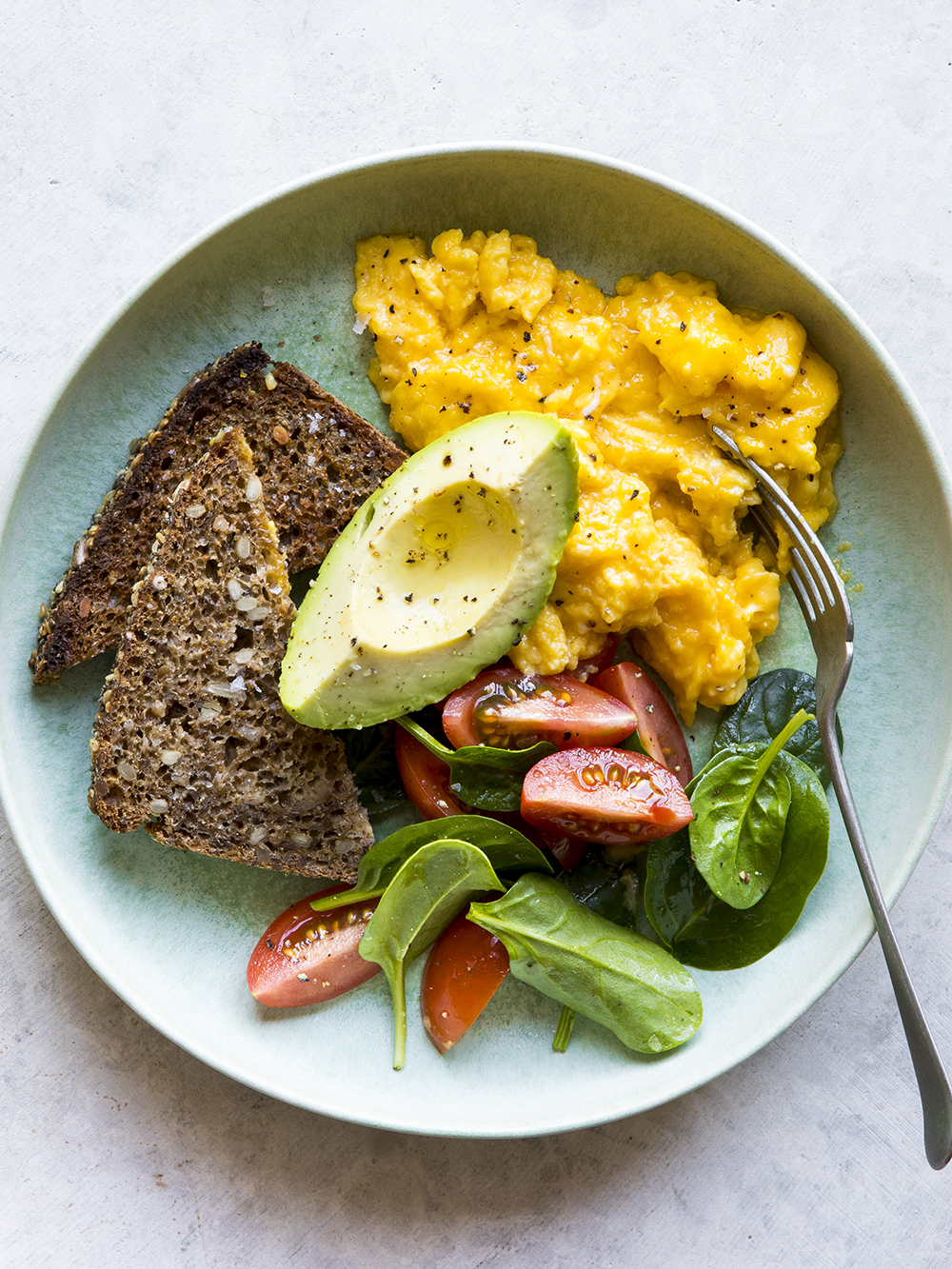
We've all heard that protein is good for our bodies, that we need to make sure our diets include enough, but we've never really looked into why. What does protein do to your body? we wondered. A deep dive into your most frequent searches reveals you've thought about it too. Why do protein shakes and bars exist? We decided to ask those very questions to Keri Glassman, MS, RD, CDN, founder of Nutritious Life, to get some real, science-backed information.
Below, she outlines exactly what protein does in your body and how your diet can help keep everything working properly, from your hormones to the growth of your hair and nails. Keep scrolling for the all the information you've been looking for.
Forming Hormones
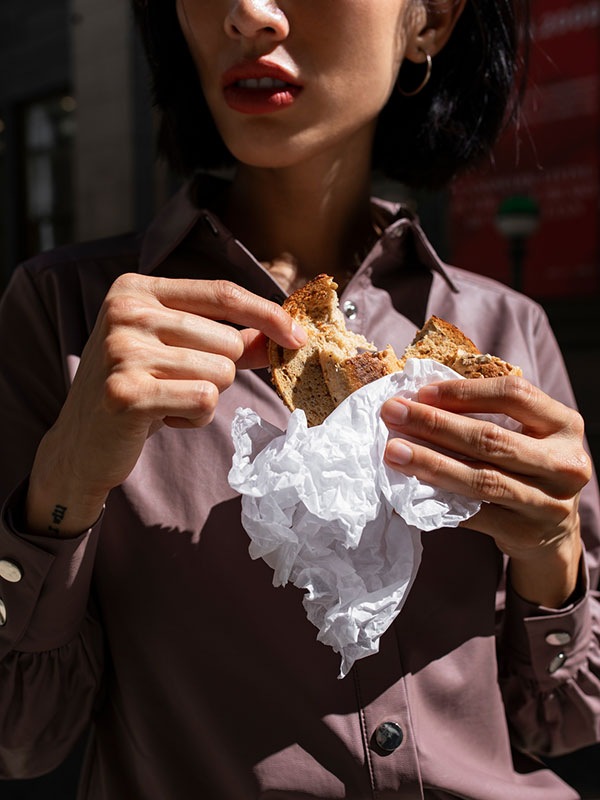
Some hormones (like the human growth hormone) are produced using amino acids, the building blocks of protein. Protein hormones regulate your metabolism and cell function. Similarly, protein contributes to managing your body's secretion of hunger hormones, says Glassman. The American Council on Exercise agrees, noting, "Proteins elicit a hormonal response of glucagon that diverts blood sugars to the muscles. This hormonal reaction lowers blood sugar levels, which helps decrease hunger pangs."
Building and Repairing Tissues
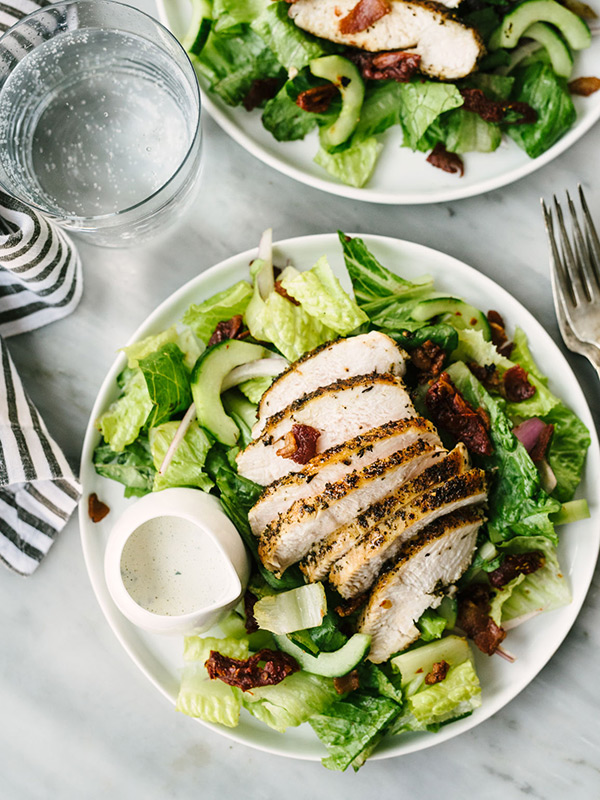
"The primary function of the protein consumed in the diet is to build and repair cells," the American Council on Exercise notes. So if you're interested in muscle growth (or have pulled or torn something in your body), a diet high in protein can help. Glassman says, "When muscles are put to extreme work, the tiny fibers that make up the muscles tear. Repairing those tears requires protein." Most adults need 0.8 to one gram of protein per day, whereas bodybuilders may need between 1.4 and 1.7 grams.
Keeping Your hair and nails healthy

Your hair and nails "are made of structural proteins known as keratin, so adequate dietary protein is important for providing the building blocks for growing strong hair and nails," Nina DiBona, RD, told Woman's Day. Glassman adds, "When it comes to sources of animal protein, stick to high-quality sources like organic chicken, grass-fed beef, and wild-caught salmon."
Boosting your metabolism and mood
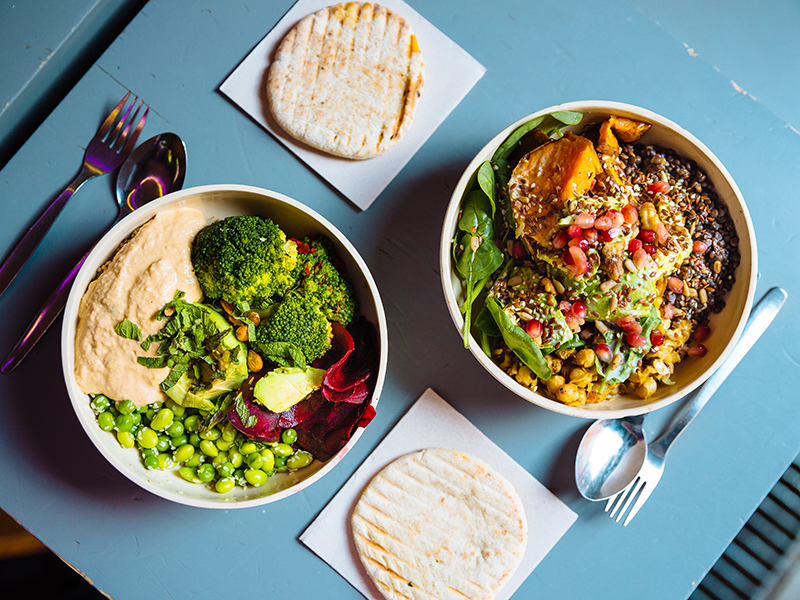
"Higher-protein diets are associated with an increase of 'thermogenesis,' which is the production of heat or calorie burn," reports the American Council on Exercise. Along with helping regulate your metabolism, the "amino acids in proteins help decrease anxiety, moodiness, and even depression. Eating protein helps prevent blood sugar swings to prevent mood changes and food cravings," explains the Council. Glassman suggests supplementing your regular daily intake with HumanN SuperBeets Collagen ($40) to ensure a good source of quality bovine collagen throughout the week.
Below, find an easy-to-reference cheat sheet of recommended sources of protein. Bring it with you next time you're at the grocery store, and you're good to go.
Almonds (1 ounce has 6 grams)
Black beans (1/2 cup has 8 grams)
Hemp seed (1 ounce has 10 grams)
Nutritional yeast (2 tablespoons have 8 grams)
Peanut butter (1 tablespoon has 4 grams)
Soybeans (1/2 cup has 15 grams)
White-meat, skinless chicken (4 ounces have 20 grams)
Whole eggs (1 large egg has 6 grams)
Pork tenderloin (4 ounces have 20 grams)
Sardines (3 sardines have 24 grams)
Grass-fed tenderloin steak (4 ounces have 30 grams)
Wild salmon (4 ounces have 28 grams)
Tuna, fresh or canned (4 ounces have 28 grams)
Skinless turkey breast (4 ounces have 20 grams)
Next up: 10 Foods to Eat for Gut Health—and What to Avoid
This article was originally published at an earlier date and has since been updated.
Disclaimer
This article is provided for informational purposes only and is not intended to be used in the place of advice of your physician or other medical professionals. You should always consult with your doctor or healthcare provider first with any health-related questions.
-
 Bella Hadid and Gwyneth Paltrow Apparently Love Sakara Life, so We Tried It for 30 Days
Bella Hadid and Gwyneth Paltrow Apparently Love Sakara Life, so We Tried It for 30 DaysHere are our honest thoughts.
By Erin Jahns
-
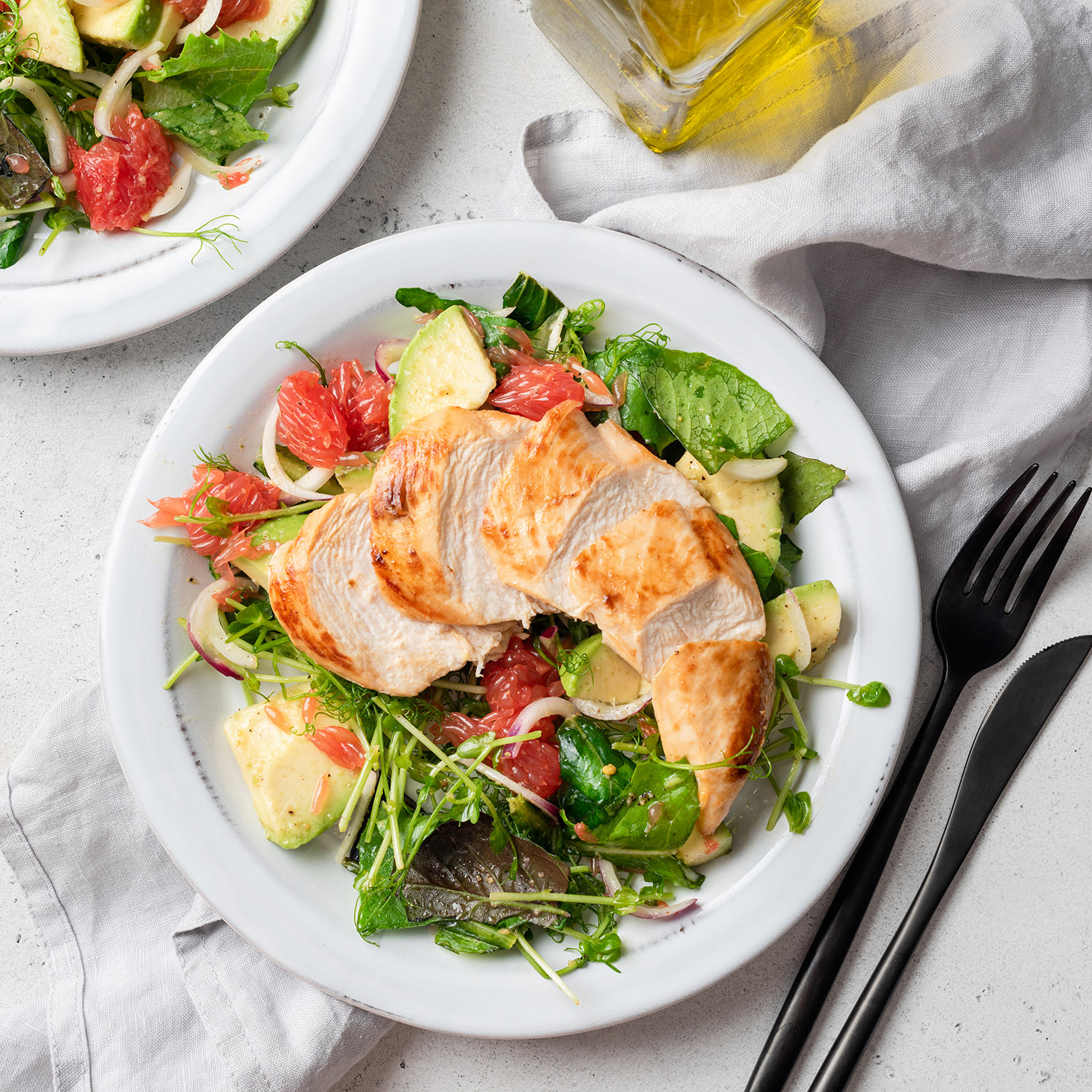 The 6 Warning Signs You're Not Getting Enough Protein
The 6 Warning Signs You're Not Getting Enough ProteinAnd what to eat to up your intake.
By Sarah Yang
-
 Everything This Professional Ballet Dancer Eats to Fuel Her for Performances
Everything This Professional Ballet Dancer Eats to Fuel Her for PerformancesHer grocery staples include high-quality French butter.
By Candice Aman
-
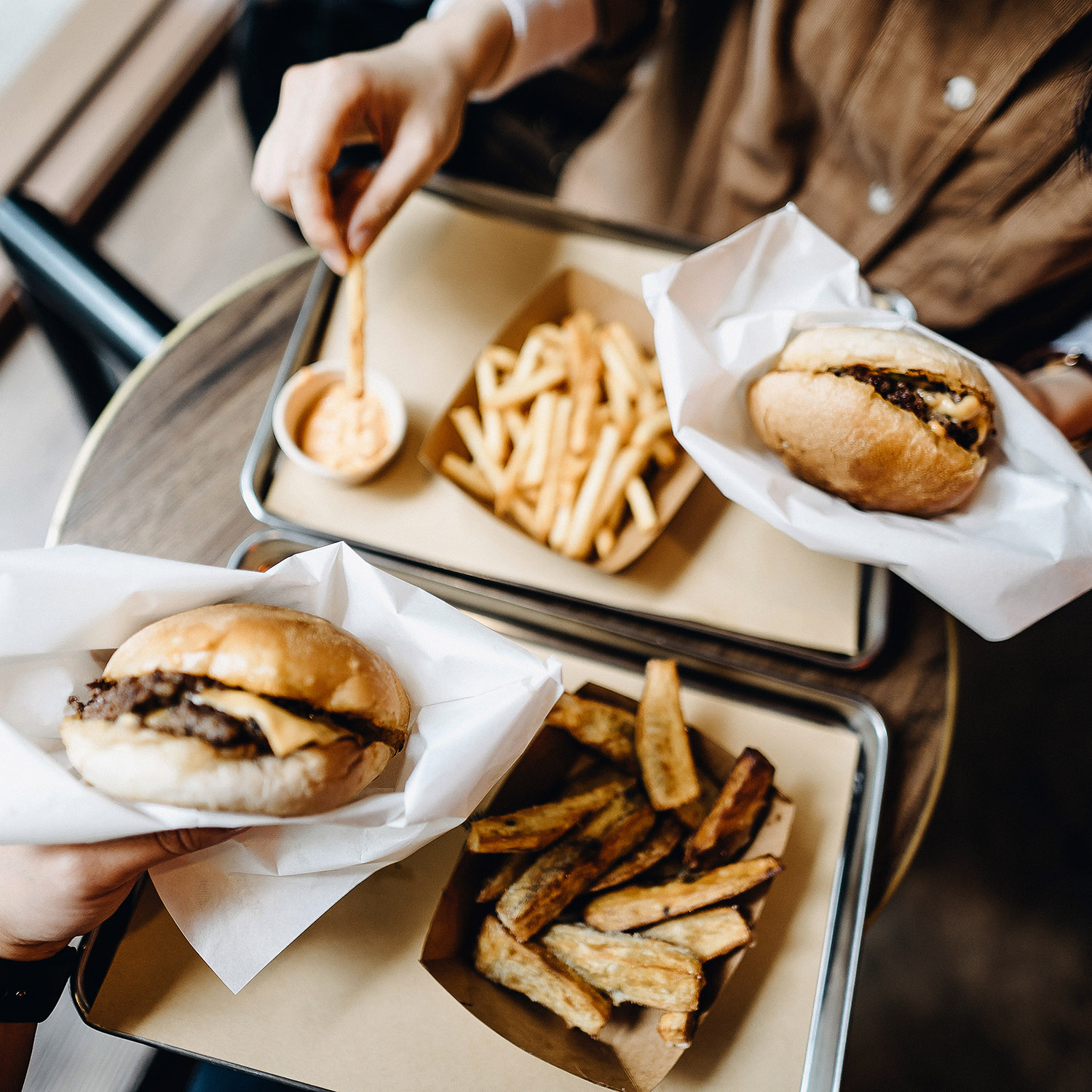 These 8 Foods Are the Worst for Rosacea—Here's What to Eat Instead
These 8 Foods Are the Worst for Rosacea—Here's What to Eat InsteadControl those flare-ups.
By Sarah Yang
-
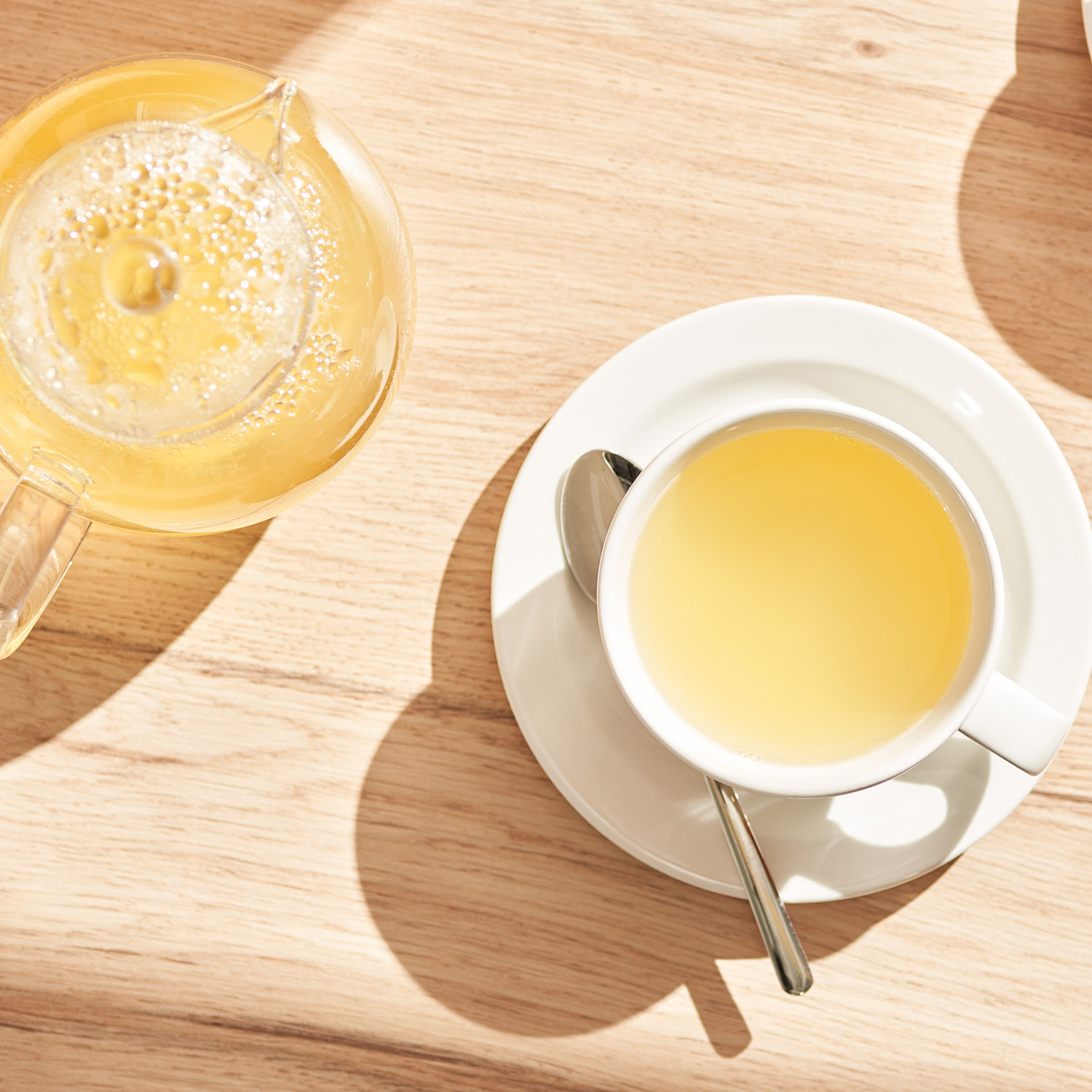 15 Things That Cause Bloating and How to Get Rid of It ASAP
15 Things That Cause Bloating and How to Get Rid of It ASAPTry these.
By Sarah Yang
-
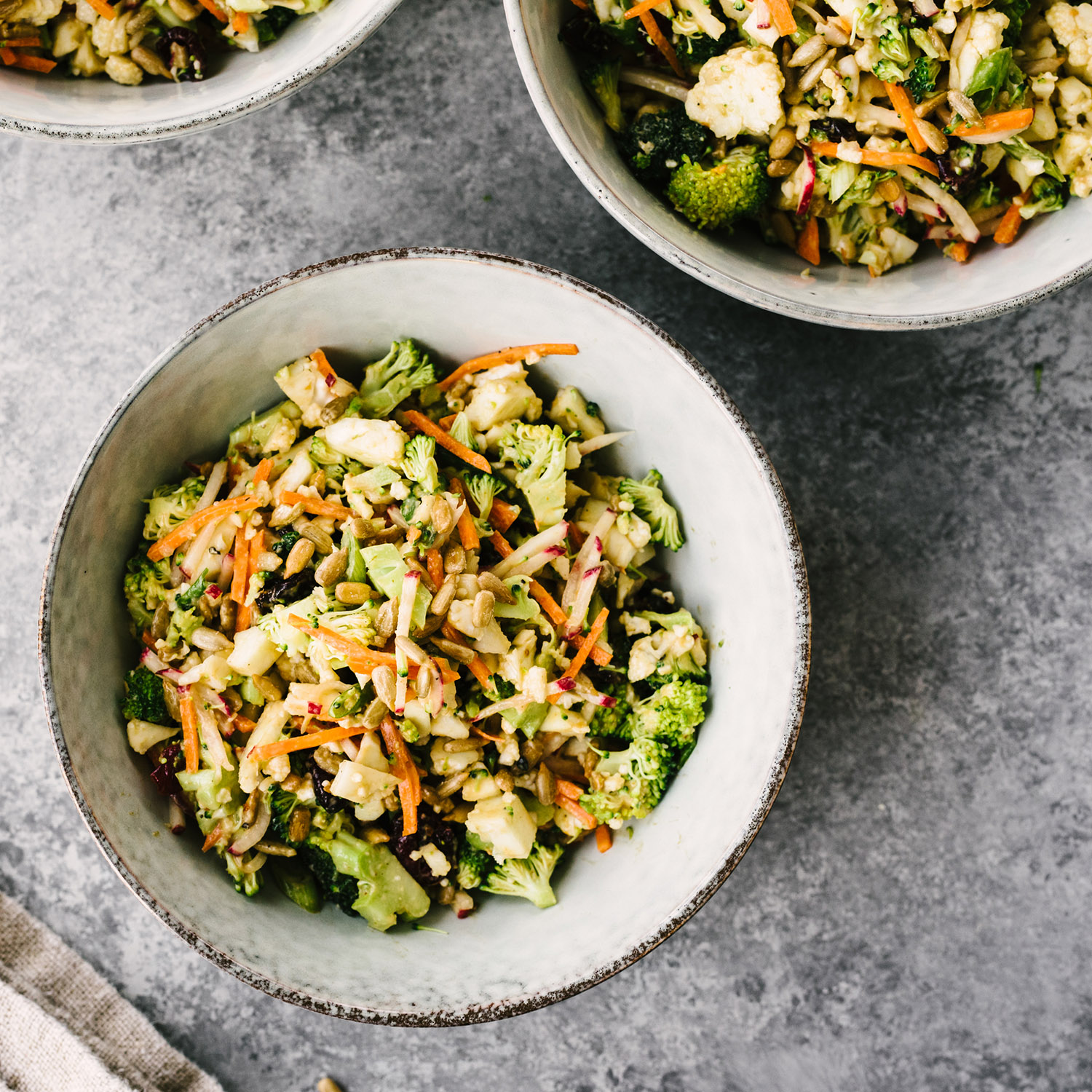 Is the Alkaline Diet Overhyped? What Experts Want You to Know
Is the Alkaline Diet Overhyped? What Experts Want You to KnowHere's how it works.
By Sarah Yang
-
 I'm an Imperfect Dietitian and My Key to Eating Healthy Meals Is Convenience
I'm an Imperfect Dietitian and My Key to Eating Healthy Meals Is ConvenienceTake a peek at my weekly grocery staples.
By Candice Aman
-
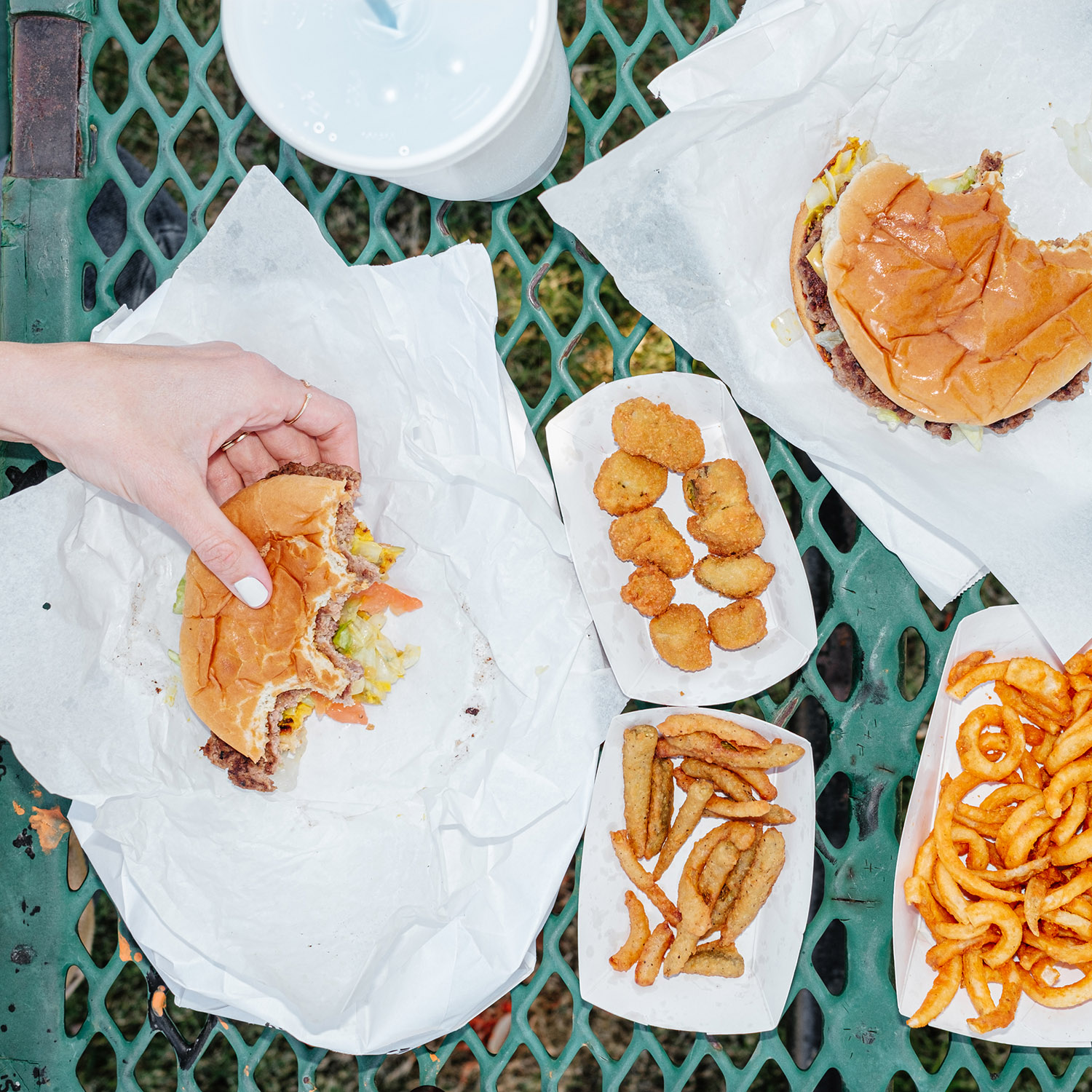 Avoid These 6 Foods—They'll Wreck Your Gut Health
Avoid These 6 Foods—They'll Wreck Your Gut HealthWhat to eat instead.
By Sarah Yang
